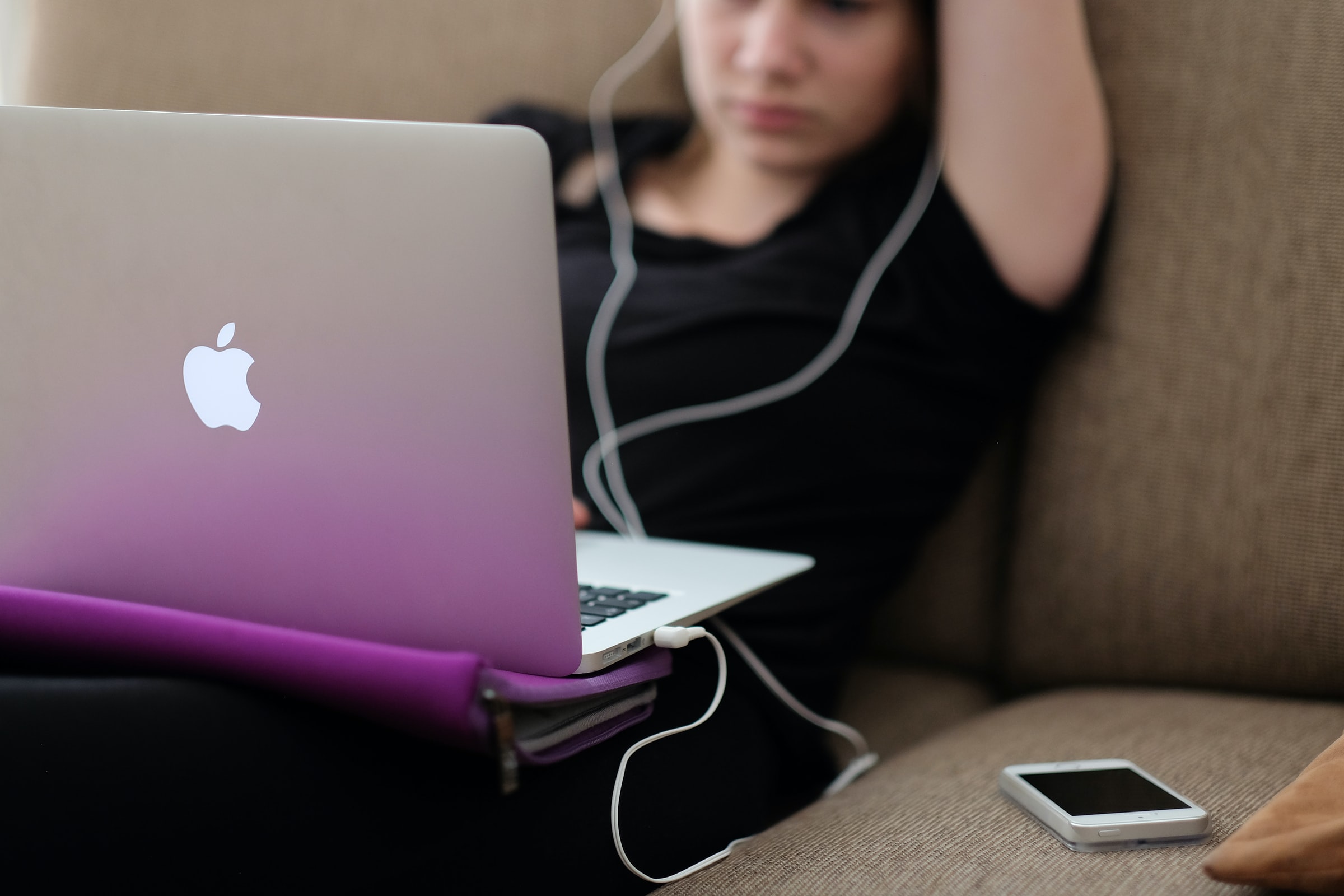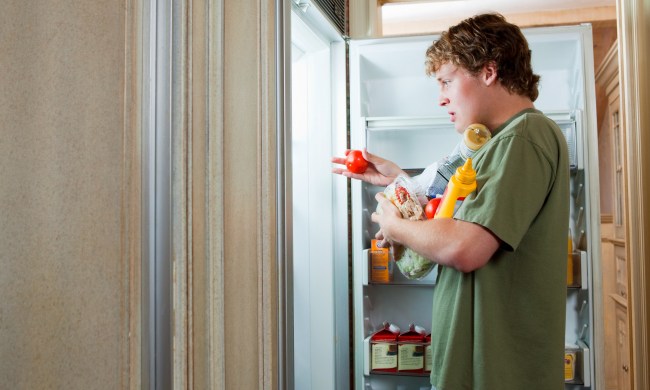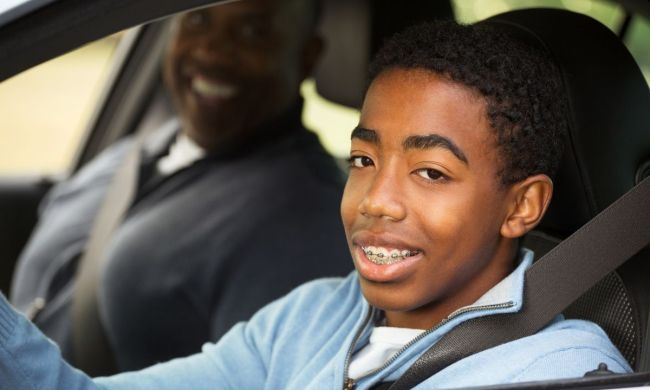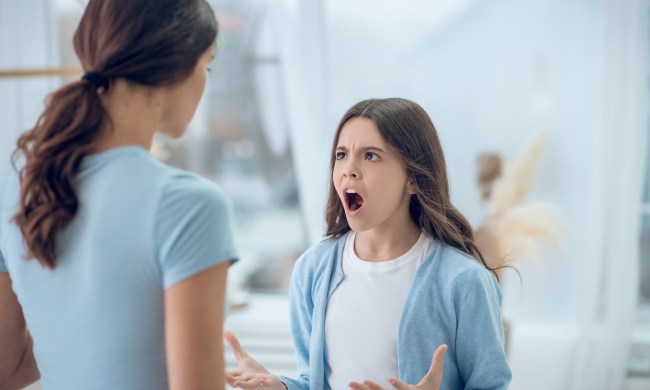Social media is a part of everyday life for many adults, and that will quickly become the case for your child, as well. While many social media platforms are geared at users over a certain age, that definitely doesn’t stop many tweens and teens from logging on with a fake birthdate.
While this may not necessarily be a concern for your family — especially if you trust your child to make smart choices on these platforms despite their younger age — it’s still worth knowing social media’s negative effects. Teens may still experience these regardless of how responsible they may be.
Poor mental health
Of course, we can’t blame poor mental health entirely on social media. Mental health — just like our physical health — often relies on a whole slew of factors, from diet to exercise, environment to biological makeup. However, studies have still shown that social media does play a role in mental health for many teens when used in certain ways.
For example, the Mayo Clinic reports that preteens and teens ages 12 to 15 who spend more than three hours per day using social media have a higher risk of mental health issues. Another study on teens ages 13 to 16 found that those who used social media more than three times per day had poor mental health. This “poor mental health” often comes out as anxiety and depression.
However, social media usage resulting in poor mental health isn’t a hard and fast rule. The Mayo Clinic reports that it’s all about how teens use social media; for example, those who actively engage with a social media community, posting and commenting on content regularly, were less likely to develop poor mental health issues than those who simply observed those social media communities from the outside, or “lurked,” as it’s sometimes called.
Poor physical health
While this effect is one that can easily be rectified with some exercise and proper nutrition, it’s still one that pops up in research related to teen social media usage. The more time teens spend sitting on the couch and scrolling their phones, the less time they’re spending doing physical activities — even something as simple as walking to their favorite local coffee spot or shopping area.
You don’t necessarily need to limit your child’s social media usage in order to eliminate this poor effect, but you do need to ensure they’re getting the proper amount of exercise and activity, no matter how much they’re scrolling.
The good thing for your teen is it’s easier than ever to find fitness communities on social media or to simply scroll through Instagram while on the treadmill or elliptical.
Poor sleep
This is a side effect of constant phone usage that impacts us all — and one that we could all benefit from eliminating. Smartphone usage interrupts healthy sleeping patterns, no matter your age.
Physicians often recommend avoiding screen usage for an hour before going to bed for optimal sleep. The blue light that cell phones emit can additionally disrupt us while we’re already asleep if we happen to get notifications. On top of this, regular exposure to screens and screen light, according to the National Sleep Foundation, can confuse our brains, as our eyes use light input to detect when it is or isn’t time to sleep.
It’s not all bad, though
Of course, social media isn’t all bad. Social media allows us to connect, learn new ideas, build our social circles, and build networks. Teens can find support and community that may be missing in their school or everyday lives. Teens also find social media platforms to be a positive outlet for their creativity. Some even report that social media communities help them avoid mental health illnesses because of these benefits.
So, despite all the negative effects teens may experience from social media, there’s still some good to be had. It’s just a matter of protecting the good and eliminating the bad.
Avoiding the negative impacts
So, how can you help your child avoid the negative impacts of social media?
- Monitor their social media usage and, if it interferes with their daily life and responsibilities, consider limiting social media usage.
- Take a look at their accounts and see what they’re posting and how they’re interacting with others.
- Encourage socialization and community in more personal settings (even if it’s a Zoom call with a safe online friend, versus just messaging constantly).
- Encourage overall physical and mental health, and make both comfortable topics of conversation in your household.
When you look at social media in a positive light, while recognizing that it does come with some risks, the entire family can use social media for its benefits and steer clear of some of the negative effects. After all, social media doesn’t just impact your teen; it impacts you, too.




